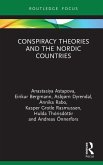
21,95 €
Sofort per Download lieferbar
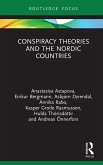
21,95 €
Sofort per Download lieferbar
eBook, PDF
30. Dezember 2020
Taylor & Francis eBooks
21,99 €
Versandfertig in 6-10 Tagen
Broschiertes Buch
1. August 2022
Routledge / Taylor & Francis
Ähnliche Artikel
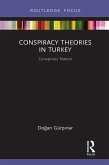
23,95 €
Sofort per Download lieferbar
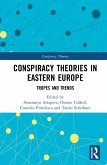
eBook, ePUB
29. Oktober 2020
Taylor & Francis eBooks


24,95 €
Sofort per Download lieferbar
eBook, ePUB
16. Oktober 2018
OUP eBook
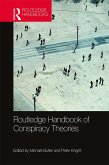
eBook, ePUB
17. Februar 2020
Taylor & Francis eBooks


18,99 €
inkl. MwSt. und vom Verlag festgesetzt.
Sofort per Download lieferbar
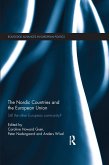
eBook, ePUB
20. Februar 2015
Taylor & Francis eBooks
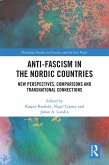
Ähnlichkeitssuche: Fact®Finder von OMIKRON
